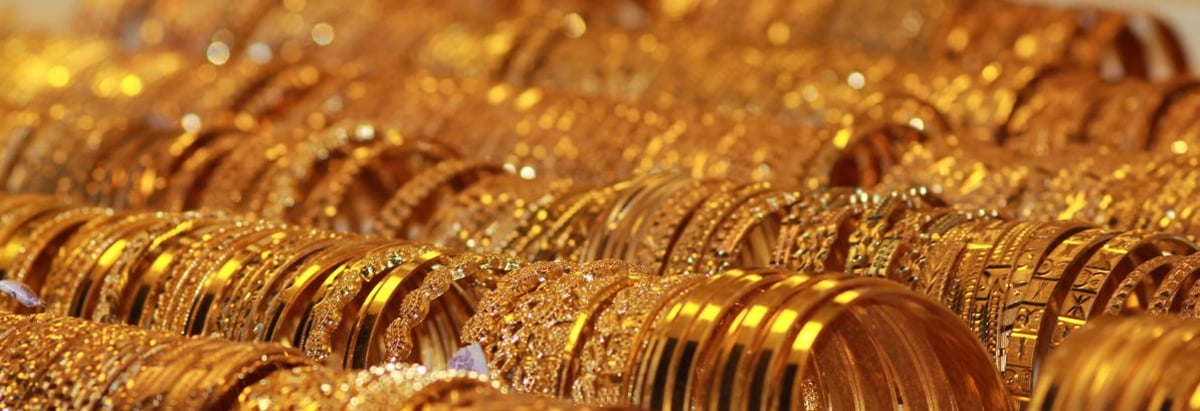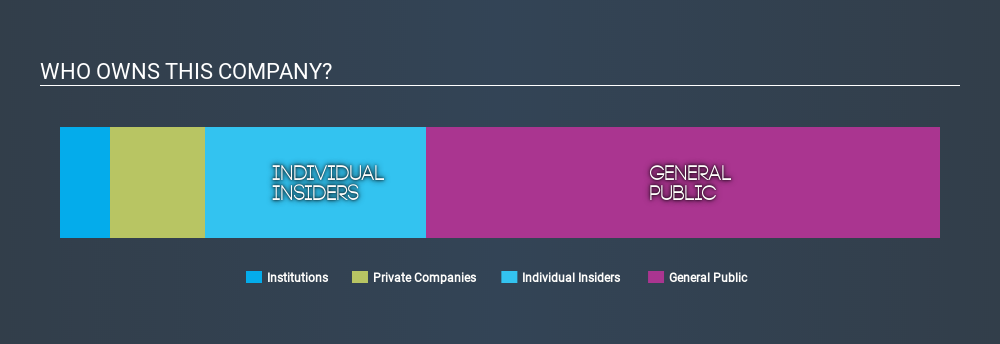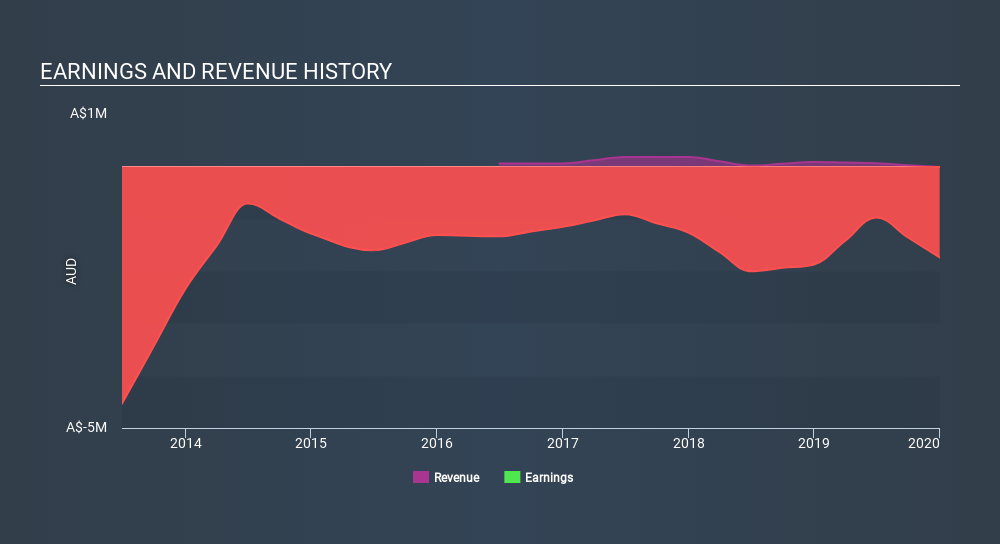- Australia
- /
- Metals and Mining
- /
- ASX:IXR
Could The Ionic Rare Earths Limited (ASX:IXR) Ownership Structure Tell Us Something Useful?

A look at the shareholders of Ionic Rare Earths Limited (ASX:IXR) can tell us which group is most powerful. Institutions will often hold stock in bigger companies, and we expect to see insiders owning a noticeable percentage of the smaller ones. I quite like to see at least a little bit of insider ownership. As Charlie Munger said 'Show me the incentive and I will show you the outcome.
Ionic Rare Earths is a smaller company with a market capitalization of AU$13m, so it may still be flying under the radar of many institutional investors. Taking a look at our data on the ownership groups (below), it's seems that institutional investors have bought into the company. Let's take a closer look to see what the different types of shareholder can tell us about Ionic Rare Earths.
View our latest analysis for Ionic Rare Earths

What Does The Institutional Ownership Tell Us About Ionic Rare Earths?
Many institutions measure their performance against an index that approximates the local market. So they usually pay more attention to companies that are included in major indices.
We can see that Ionic Rare Earths does have institutional investors; and they hold 5.7% of the stock. This can indicate that the company has a certain degree of credibility in the investment community. However, it is best to be wary of relying on the supposed validation that comes with institutional investors. They too, get it wrong sometimes. If multiple institutions change their view on a stock at the same time, you could see the share price drop fast. It's therefore worth looking at Ionic Rare Earths's earnings history, below. Of course, the future is what really matters.

Hedge funds don't have many shares in Ionic Rare Earths. Sufian Ahmad is currently the company's largest shareholder with 5.0% of shares outstanding. Bilal Ahmad is the second largest shareholder with 4.9% of common stock, followed by Jgm Property Investments Pty Ltd, Asset Management Arm, holding 4.1% of the stock.
On studying our ownership data, we found that 19 of the top shareholders collectively own less than 50% of the share register, implying that no single individual has a majority interest.
While studying institutional ownership for a company can add value to your research, it is also a good practice to research analyst recommendations to get a deeper understand of a stock's expected performance. We're not picking up on any analyst coverage of the stock at the moment, so the company is unlikely to be widely held.
Insider Ownership Of Ionic Rare Earths
While the precise definition of an insider can be subjective, almost everyone considers board members to be insiders. Management ultimately answers to the board. However, it is not uncommon for managers to be executive board members, especially if they are a founder or the CEO.
Insider ownership is positive when it signals leadership are thinking like the true owners of the company. However, high insider ownership can also give immense power to a small group within the company. This can be negative in some circumstances.
It seems insiders own a significant proportion of Ionic Rare Earths Limited. It has a market capitalization of just AU$13m, and insiders have AU$3.3m worth of shares in their own names. This may suggest that the founders still own a lot of shares. You can click here to see if they have been buying or selling.
General Public Ownership
The general public, who are mostly retail investors, collectively hold 58% of Ionic Rare Earths shares. With this size of ownership, retail investors can collectively play a role in decisions that affect shareholder returns, such as dividend policies and the appointment of directors. They can also exercise the power to decline an acquisition or merger that may not improve profitability.
Private Company Ownership
It seems that Private Companies own 11%, of the IXR stock. Private companies may be related parties. Sometimes insiders have an interest in a public company through a holding in a private company, rather than in their own capacity as an individual. While it's hard to draw any broad stroke conclusions, it is worth noting as an area for further research.
Next Steps:
While it is well worth considering the different groups that own a company, there are other factors that are even more important. Consider for instance, the ever-present spectre of investment risk. We've identified 6 warning signs with Ionic Rare Earths (at least 3 which are potentially serious) , and understanding them should be part of your investment process.
If you would prefer check out another company -- one with potentially superior financials -- then do not miss this free list of interesting companies, backed by strong financial data.
NB: Figures in this article are calculated using data from the last twelve months, which refer to the 12-month period ending on the last date of the month the financial statement is dated. This may not be consistent with full year annual report figures.
If you spot an error that warrants correction, please contact the editor at editorial-team@simplywallst.com. This article by Simply Wall St is general in nature. It does not constitute a recommendation to buy or sell any stock, and does not take account of your objectives, or your financial situation. Simply Wall St has no position in the stocks mentioned.
We aim to bring you long-term focused research analysis driven by fundamental data. Note that our analysis may not factor in the latest price-sensitive company announcements or qualitative material. Thank you for reading.
About ASX:IXR
Ionic Rare Earths
Engages in the mining, refining, and recycling of magnet and heavy rare earth elements in Australia, Uganda, and United Kingdom.
Flawless balance sheet slight.
Market Insights
Community Narratives





